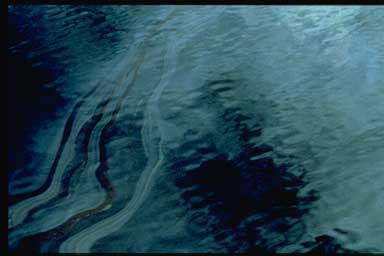
Scientists are developing bio-based products to detect, monitor and detoxify marine oil spills in an eco-friendly way.
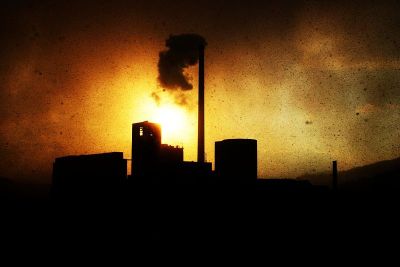
Researchers have gained new insights into sources of carbon-based aerosols that intensify the impact of climate change in the Arctic.
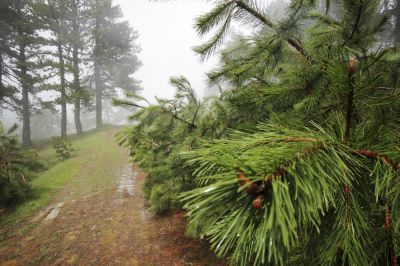
How forests respond to climate change varies between different regions of the world. EU-funded scientists investigated how a changing climate affects primary temperate forests in southern South America (SSA).
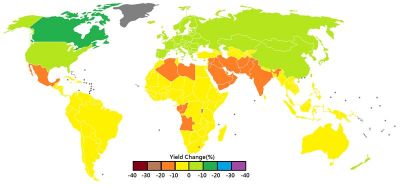
Geo-engineering, ways of modifying Earth's environment via technological tools to control global warming, is gaining steam in tackling the climate emergency. An EU initiative gathered researchers to contribute to the state of the art.
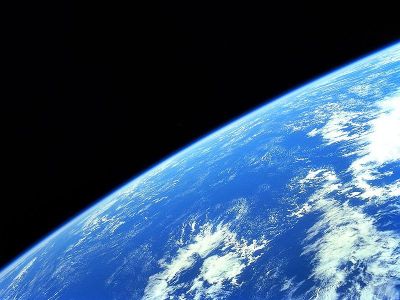
A recent training programme for young researchers has yielded several interesting results in the field of climate change modelling.
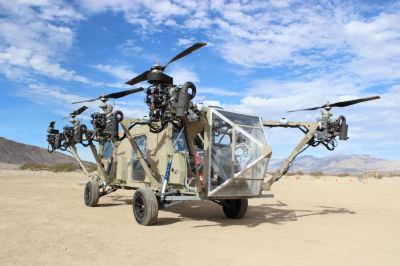
Rotorcraft engines are becoming more electric for greater efficiency and safety. Powering these electrical systems with waste heat conversion will ensure sustainability.
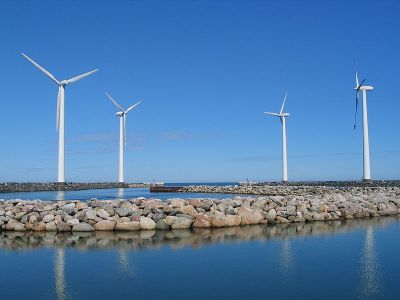
Europe is committed to becoming a highly energy-efficient, low-carbon economy by setting ambitious goals for climate and energy by 2020. An EU initiative is looking at ways to meet the growing demands in electricity production and consumption.
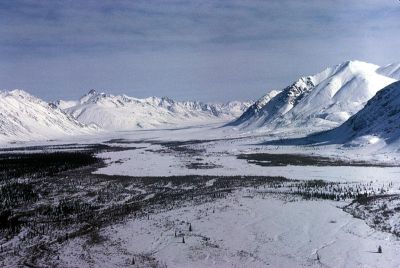
Researchers have shown for the first time how Arctic rivers are transporting vast quantities of organic carbon into the oceans. This process occurs as the permafrost melts, which is due to climate change.
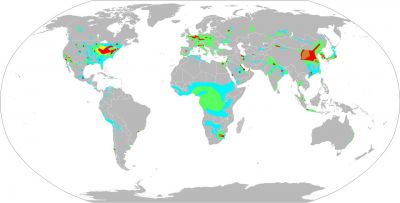
A research network is being set up between Chinese and EU research institutions to advance our knowledge of air quality and climate change.
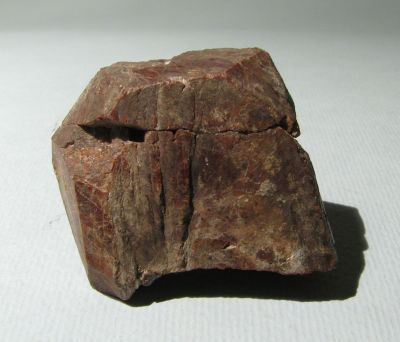
New studies into the chemistry of thorium have brought scientists closer to using it as an alternative to uranium in the production of nuclear energy.
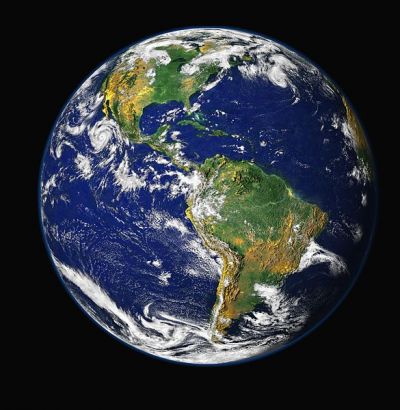
An EU study worked to determine the role of atmospheric aerosols in climate processes. Satellite data show the distribution of atmospheric particle sizes, facilitating constant monitoring, issue of warnings, and better understanding of the dynamics.
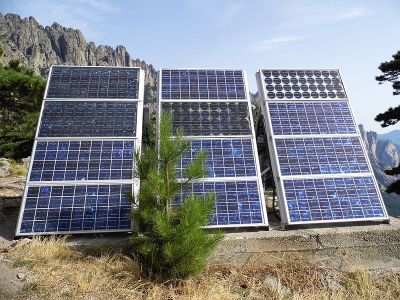
Combustion of fossil fuels for the heating, cooling and electricity needs of a large factory produces substantial emissions and detrimental impact on the environment. Harnessing thermal energy from the Sun may soon be a cost-effective alternative.
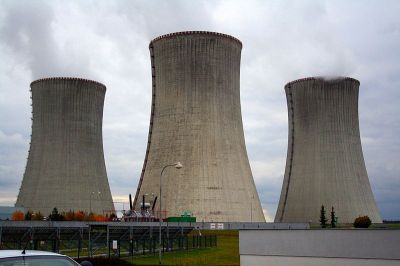
For radionuclides at trace concentrations, there can be a very gradual and slow transition from reversible surface sorption to irreversible incorporation into solids. A new EU-funded study has shed important light on such mechanisms.

Researchers are tackling wastewater quality by redesigning treatment systems and providing policymakers with better information.
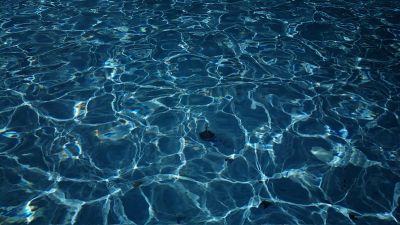
EU-funded scientists developed new material approaches to improve the photocatalytic capability of titanium dioxide (TiO2). The developed thin-film catalysts are decontaminating water more efficiently.
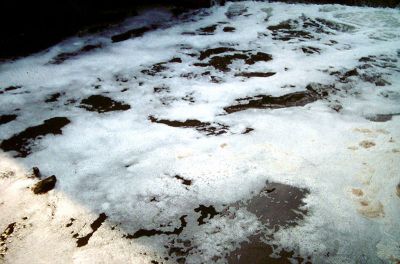
Researchers have developed a novel biofilter system that can eliminate nitrogen and phosphorus from wastewater without the presence of organic matter.
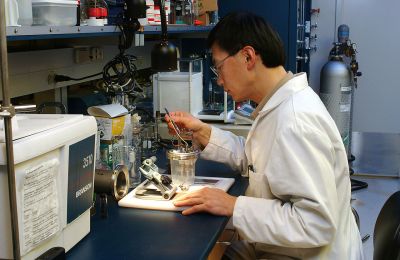
Fuel cells may represent a real alternative to standard power sources such as batteries and diesel generators for off-grid telecom applications. An EU-funded project aims to prove their advantages to potential customers in different industrial sectors.
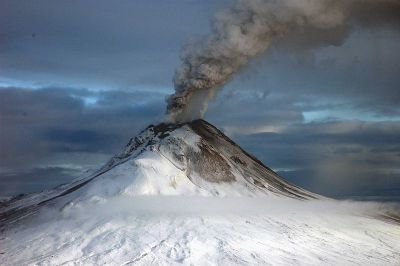
EU-funded scientists developed novel tools to more accurately predict volcanic eruptions. The developed models should allow better decision making during volcanic crises.
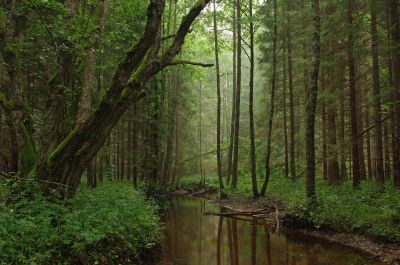
Researchers have shown that bacteria in riverine ecosystems can break down common organic pollutants.
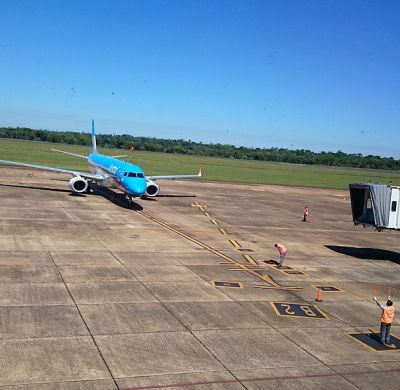
Keeping large jets in flight while traversing thousands of miles at high speed consumes quite a bit of fuel. Novel technology to reduce drag while reducing weight promises a significant reduction in fuel usage and associated costs and emissions.

EU-funded scientists developed smaller-size, lightweight and low-power electronics for actuators that can find application in aircraft.
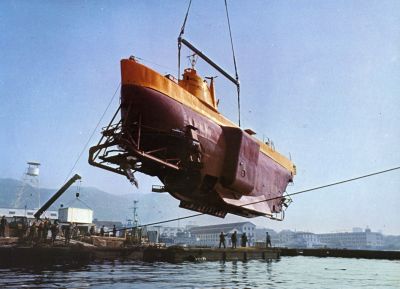
In June 1770, the explorer James Cook ran aground on the Great Barrier Reef in Australia and became the first European to experience the world's largest coral reef, today a paradise for scientists and holidaymakers alike. Last year, the James Cook research vessel set out to encounter unique and unexplored corals, this time in the deep ocean. Led by ERC grantee Dr Laura Robinson (University of Bristol, UK), the team on board crossed the equatorial Atlantic to take samples of deep-sea corals, reaching depths of thousands of meters. On the expedition, Dr Robinson collected samples that are shedding light on past climate changes and she will share her findings at TEDx Brussels.
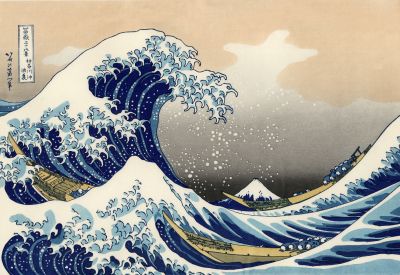
A research background in earthquake engineering seems at first sight like an unusual fit with studying tsunamis. But on her return from Sri Lanka in the wake of the 2004 tsunami, Professor Tiziana Rossetto discovered that very little research had been done into the effects of tsunamis on coastal infrastructure and she wanted to find out more. She will be presenting this research to the public at the TEDx Brussels event on 1 December.

Meeting the world's energy demands is one of the major challenges of our time. Renewables? Nuclear? Fracking? Carbon Capture and Storage? We're desperate to discover a silver bullet. Our researchers are exploring all possible solutions - from mathematical methodologies for adapting our systems to visionary, seemingly whacky, plans for future energy extraction.

From air quality to solar radiation, information on our atmosphere is of crucial importance to us all. In order to make the right decisions for our current and future quality of life, European decision makers, businesses and citizens need reliable and up-to-date information on exactly what is going on in our atmosphere now and what to expect in the future.
























